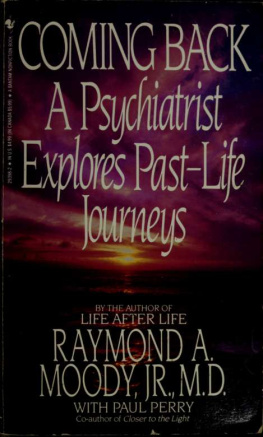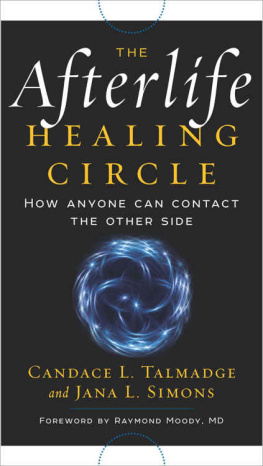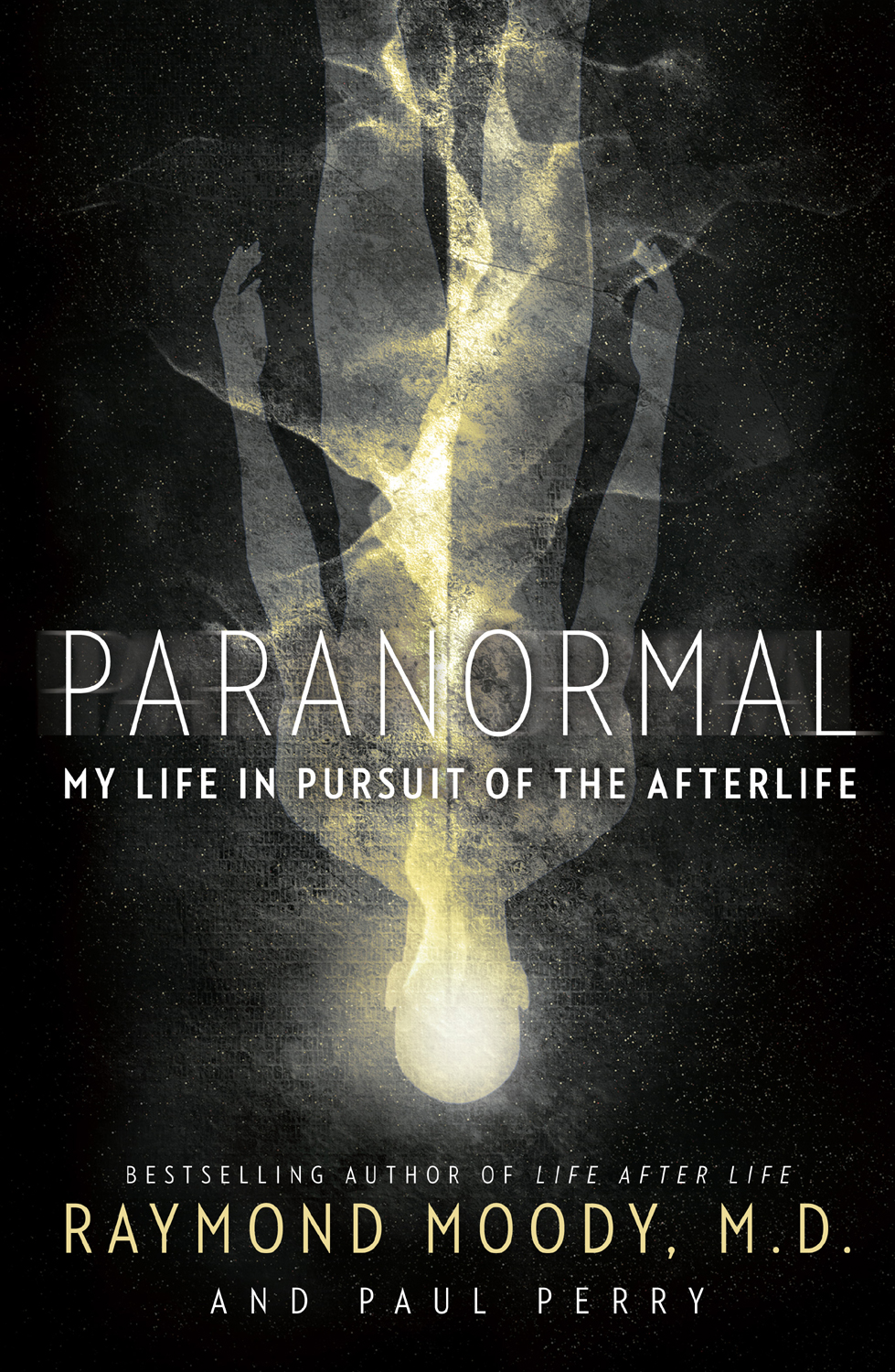
PARANORMAL

My Life in Pursuit of the Afterlife
R AYMOND M OODY , MD
with Paul Perry

With love to my family
Raymond Moody
Contents
I have stumbled onto many things in my life, and through this brief loss of stride I have found the world that I live in. It was through a student in my philosophy class who began to question me deeply about his own experience of almost dying that I studied and named the phenomenon known as the near-death experience. Had I not allowed the student to dominate my time with his story, I might have never examined near-death experiences, a path of discovery that led me to write Life After Life and led to my lifelong exploration of matters related to the afterlife.
Had I not, literally, stumbled into a bookshelf and been hit on the head by an old book of research by Northcote Thomas, I would not have begun researching the fascinating world of facilitated visions. It is through this line of research that I have been able to re-create many aspects of the near-death experience in patients without them having to almost die. Better yet, I have been able to ease the grief of losing a loved one by helping people to see and otherwise interact with their dead relatives.
And then there are past-life regressions. I tripped into that field of endeavor after listening to a patient whod gone back in time while engaging in an ordinary session of hypnotherapy.
These are all fields of endeavor that I have gratefully stumbled into. And yes, I believe Mark Twain when he said, Accident is the name of the greatest of all inventors.
Sometimes, though, I have just stumbled. And the worst of these stumbles have been the result of a disease that clouded everything for me, from my physical senses to my sense of humor to my sense of the world around me. From my late twenties until now, I have lived with a disease called myxedema. This is a difficult affliction to diagnose. Simply stated, with this disease the thyroid gland does not produce enough thyroxine, a hormone that acts in our body something like the volume dial on a radio. The result of this disease is a variety of peculiar symptoms that can lead to myxedema madness, in which the afflicted person gradually loses his mind.
Although myxedema seems as though it should be an easy disease to diagnose, it isnt. Residual thyroid in the bloodstream can trick test instruments into false positive readings, which make thyroid levels seem normal when they are not. As a result, my thyroid levels have been erratic over the years, and at times nonexistent. These have been the times when I stumbled the most. At times when my thyroid levels have been low, I have made major mistakes in judgment: given control of my financial life to people I shouldnt have; found myself in mental hospitals; worn thick woolen coats in the middle of a Georgia summer because I was terribly cold; locked myself in my house and refused to come out because I thought the world was against me. I could go on and on.
Over the years I have kept this condition quietor as quiet as I possibly couldthinking that it might affect the perception of me or my work. But now I have become wiser about my illness and its effects on my persona. Instead of working against me, it has made me more empathic and understanding of those who are faced with end-of-life issues. It has also made me look at illness as an altered state that changes our perceptions of ourselves and the world around us as much as, say, an out-of-body experience or even a near-death experience. Like those and other altered states, illness can make us feel both weak and powerful at the same time, depending upon our level of acceptance of the way things are and our ability to dig deep and find new sources of strength. When one man said to meas others have saidthat his near-death experience drained him of strength yet filled him with hope, I understood completely how that could take place. I also understand that to accept such a contradiction, one often has to experience an altered state as powerful as illness.
Thats why I feel its important to begin this book by recounting the battle of my own life. Without such a near-fatal illness, I wouldnt have the empathy for others necessary to continue my research in the field of the afterlife. And without it, I wouldnt have had my own near-death experience, an event that taught me more in a few minutes than years of research and lecturing.
So what I am trying to say, dear reader, is that if the presentation of my attempted suicide makes you doubt my work or the value of its lessons, you should stop reading now. Let me just say that I think this experience has made me more honest about myself and my work; without it, I would lack that dimension that is not present in many doctors, the one that goes beyond knowledge and into the realm of actually being a patient. To paraphrase William Osler, the father of modern surgery, a man who has been a patient becomes a much better physician.
That has certainly been the case with me.
My switch from physician to patient came in January 1991. This was before my myxedema had been properly diagnosed. My thyroid level had dipped off the charts, although I didnt know it. I just knew that I had not felt well for months, but somehow I had convinced myself that it was world events combined with the impact of those events on my personal situation that was making me ill.
This was the year that Iraqi ruler Saddam Hussein decided to attack Kuwait for stealing his countrys oil. It was also the time when a new book of mine was being published. Coming Back was a study of past-life regressions that I had worked on for years. I had made some astounding discoveries in this work. I had found ways in which modern medicine could use these hypnotic transitions into the past to help patients overcome long-standing psychiatric problems. I had also discovered that a large number of patients seemed truly to go back in time to past lives. Not only did they say they had, but many of them provided proof through their hypnotic regressions that they had indeed lived in an earlier era. I had collected this proof from the patients during my sessions with them. I had established to my satisfaction that if they hadnt actually lived in the past, they had somehow been channeled very vivid information linking them with the past.
I was very excited about this book. Not only could it change the lives of many patients with long-standing psychiatric problems, but it would open another door into my continuing study of life after death.
But as the summer progressed, it became more and more obvious that the publication of my book and world events were about to collide. Saddam Hussein was preparing his attack on Kuwait, and our president was lining up international support for an attack on Saddam. These events couldnt have converged at a worse time for me. My marriage had fallen apart, I had been defrauded out of a fortune and had little money left, and I was exhausted from an imbalance of thyroid in my system, a condition that wasnt diagnosed yet. I begged my publisher to delay the book tour until the coming mother of all battles (as Saddam called it) was over. If I go out on tour now, Ill be canceled in every state, I told the publisher. I dont think people want to hear about my work when a war is starting.
Surprisingly, no one at the publishing house seemed to understand what I was talking about. Instead, they launched the press tour two days before Saddams troops rolled into Kuwait.
Next page
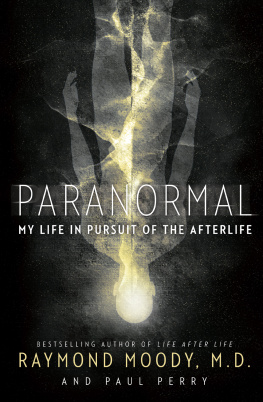
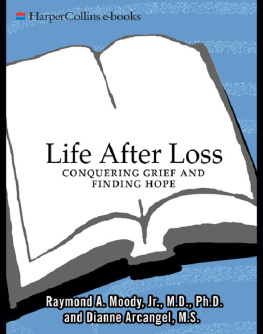
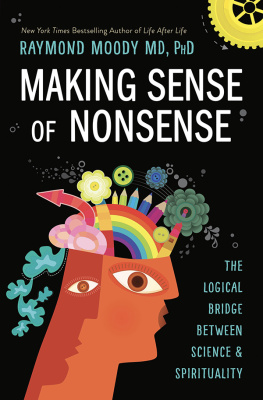

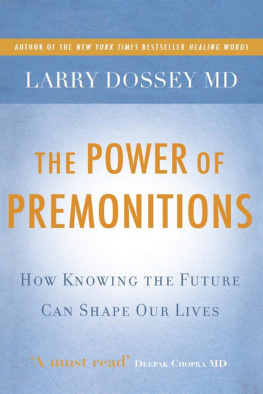
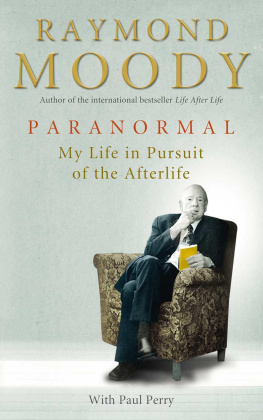
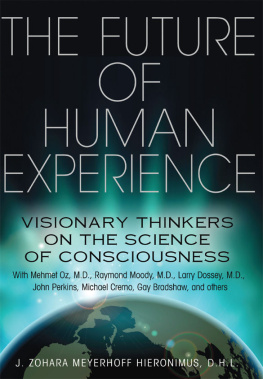
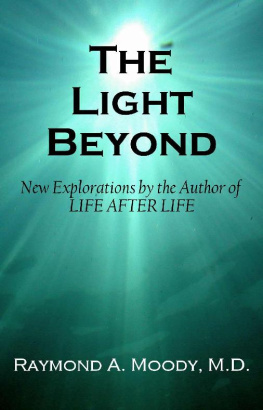
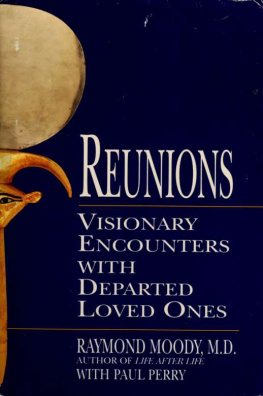
![Raymond A. Moody Jr. - Coming Back - A Psychiatrist Explores Past-Life Journeys [fixed]](/uploads/posts/book/131649/thumbs/raymond-a-moody-jr-coming-back-a-psychiatrist.jpg)
